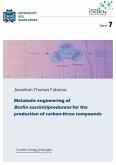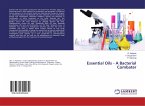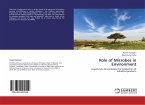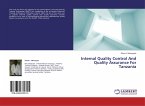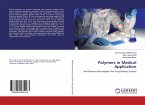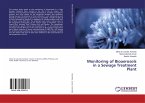Foodborne illness (also foodborne disease and colloquially referred to as food poisoning) is any illness resulting from the food spoilage of contaminated food, pathogenic bacteria, viruses, or parasites that contaminate food, as well as toxins such as poisonous mushrooms and various species of beans that have not been boiled for at least 10 minutes. Spices are an important sources against the food borne pathogens used in majority of the cuisines especially in Indian kitchens. This research publication analysed the antimicrobial efficacy of three different spices Syzygium aromaticum (Clove), Zingiber officinale (ginger) and Curcuma longa (turmeric). The three spice methanol extracts showed maximum antibacterial activity against the selected food borne pathogens and revealed the presence of biologically important phytochemical compounds.
Bitte wählen Sie Ihr Anliegen aus.
Rechnungen
Retourenschein anfordern
Bestellstatus
Storno


